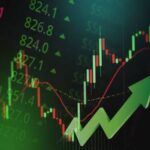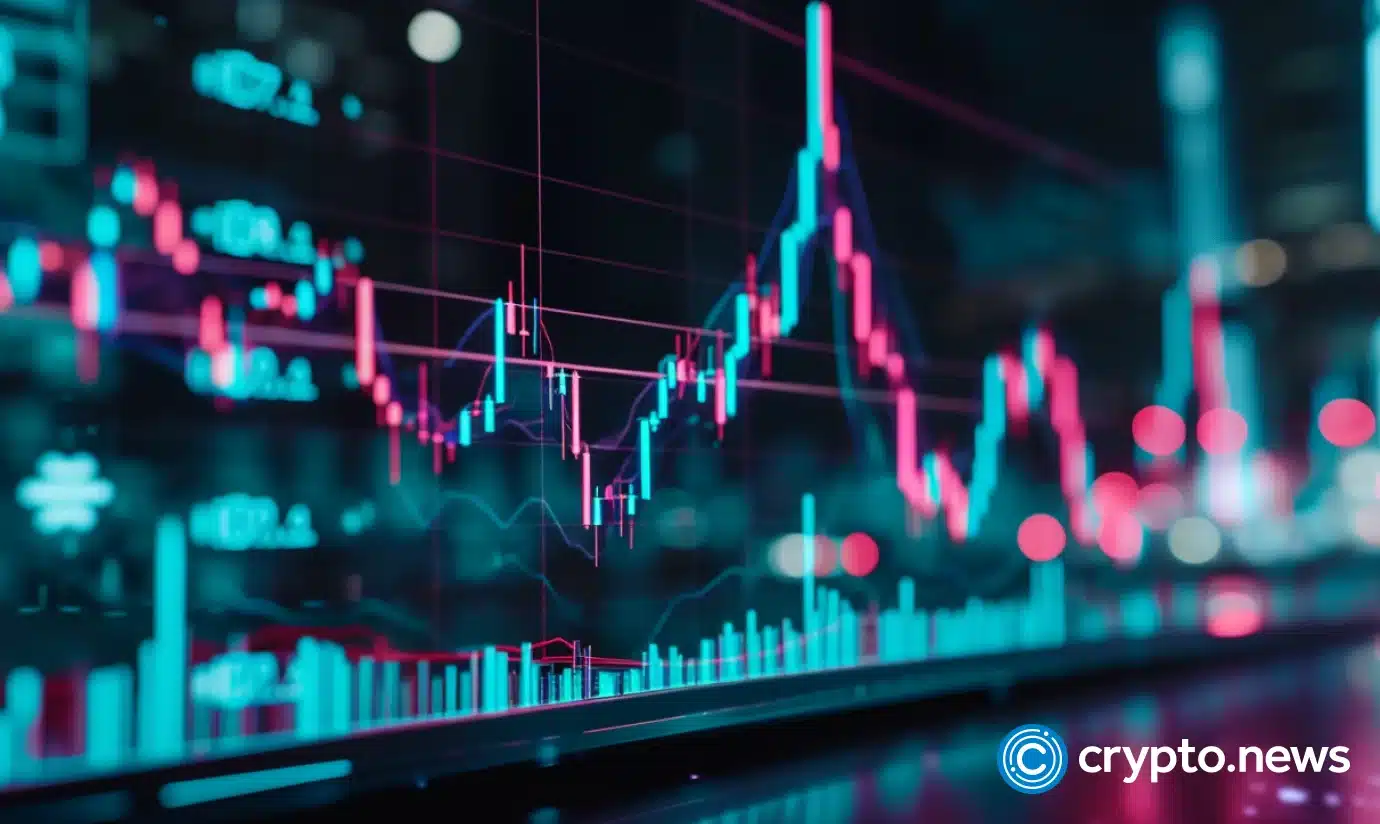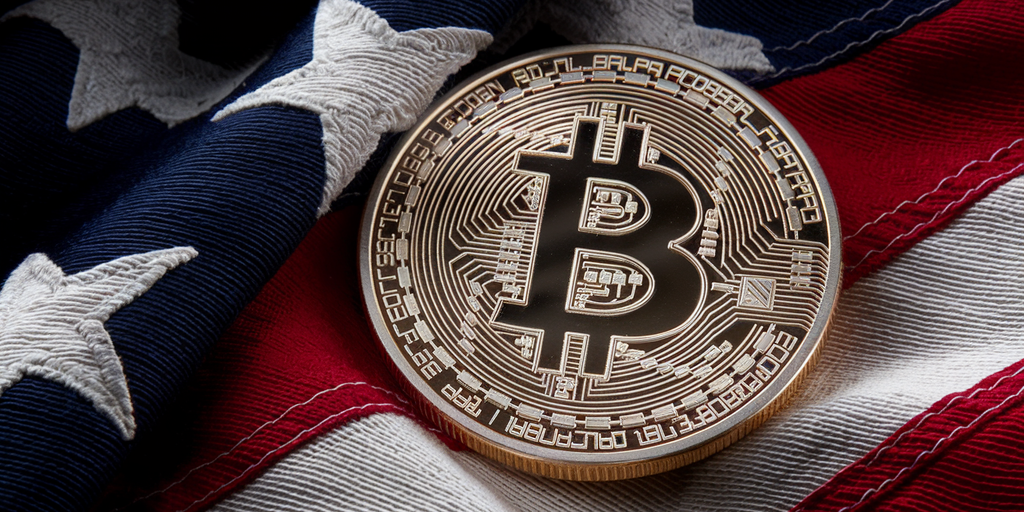SEAM surged 64% in the past day after Base announced plans to scale its capacity by increasing gas limits.
At press time, SEAM (SEAM) was trading at $1.99, its highest level since Aug. 5 when the crypto and stock markets crashed, and the global crypto market saw over $1 billion in liquidations. The cryptocurrency reached an intraday high of $2.55, up over 104% from its weekly low of $1.25.
As SEAM’s price continues to climb, its market cap has exceeded $52 million, and daily trading volume spiked by 2,254% to around $11.4 million, based on CoinGecko data.
Seamless Protocol, launched in September, is a fork of Aave v3, an Ethereum-based DeFi lending platform. It operates on Base, the Layer 2 Ethereum network incubated by Coinbase. The protocol was founded by contributors and advisors from prominent firms such as Coinbase, Uniswap, CertiK, and Seashell.
According to DefiLlama, Seamless Protocol is currently the 14th largest app on the Base network by total value locked and ranks third among native Base-based platforms, with approximately $22.22 million in assets locked.
SEAM’s rally follows Base’s recent announcement to scale its network by increasing gas limits by 1 Mgas/s per week as part of its broader goal to reach 1 Ggas/s, a crucial step in enabling one billion users on-chain.
The latest initiative seeks to enhance scalability and reduce transaction fees, driving heightened investor interest in SEAM and the Seamless Protocol.
Technical indicators for SEAM indicate that bulls are in control with the Moving Average Convergence Divergence line crossing above the signal line, hinting that the upward momentum would likely continue.

Also, on the daily chart, the Aroon indicator shows the Aroon Up at 92.86%, reflecting strong upward momentum. In contrast, the Aroon Down is lower at 7.14%, suggesting minimal downward movement. This divergence generally points to bullish control in the short term.

However, its Commodity Channel Index spiked to 358.68 following the recent rally, a level well above the overbought threshold of 100. Such elevated readings typically signal the potential for an impending correction, so traders must exercise caution.










